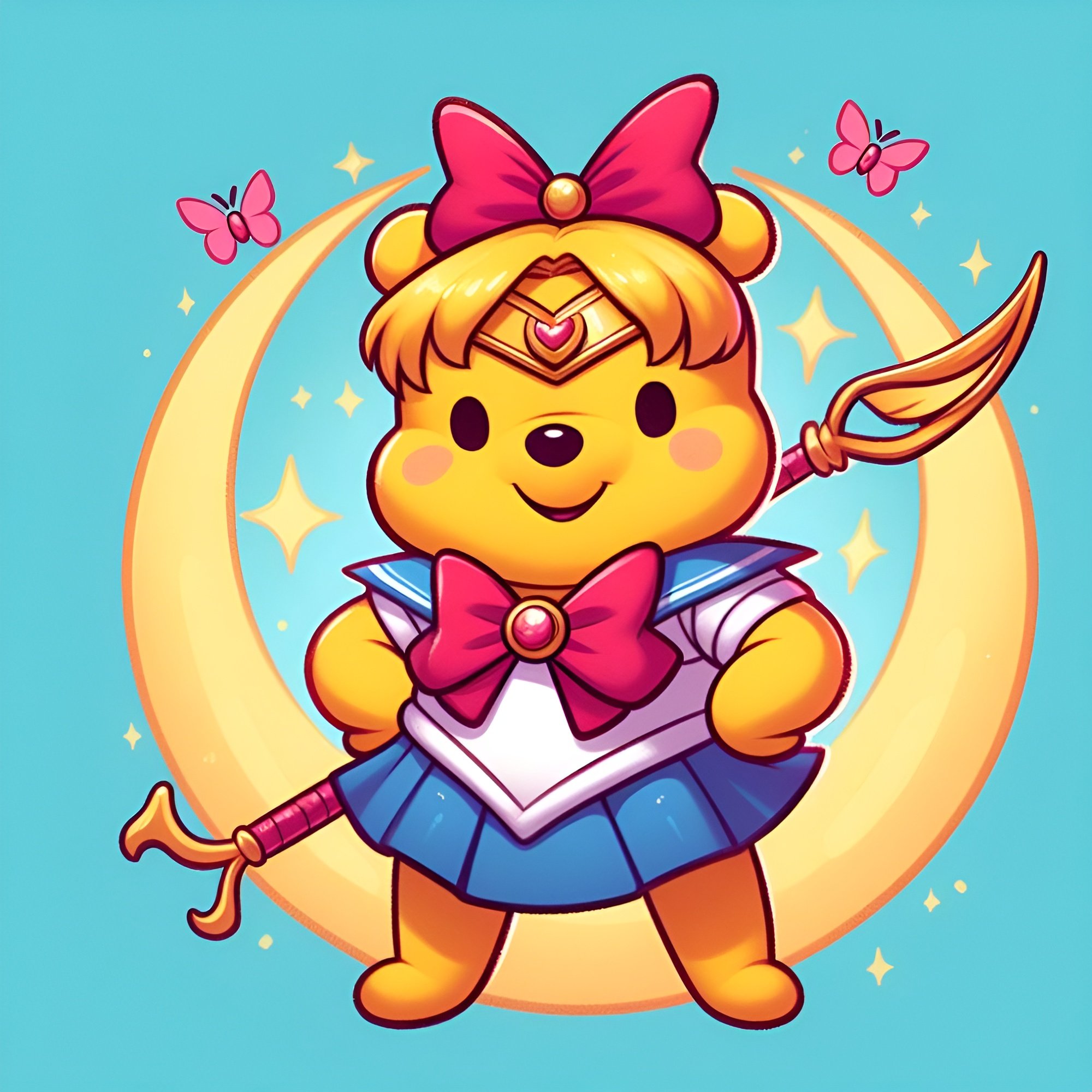Permanently Deleted
im sorry but esperanto is for fucking weirdos based on a liberal fantasy that language barriers, not material conditions, are the cause of conflict. learn a living language
language barriers are a barrier to solidarity, especially within countries/reigons
It's a pretty bad way since it was only based on European languages. Also it uses gender.
If the purpose is to "foster friendship among peoples, international cooperation and unity of human kind" then it is indeed bad to center it in the imperial core
just because a language originates from a region does not mean it, in any conceivable way, supports that reigon. As the article states Esperanto has been in China for over a century and if it helps the various ethnicities of China communicate and understand each others struggles I don’t see how that supports European imperialism
I don't mean that it originates in Europe, i mean that it was deliberately constructed from European languages to make it easier for Europeans to learn. If company managers from China can communicate with company managers from the UK, but not a prole with a fellow prole in the neighboring province, it doesn't deliver on the promise.
Would you for example support the EU standardizing Mandarin? Would that make it easier for people of different European ethnicities to understand each other's struggles, than standardizing something relevant like Latin?
the point of a global language is that it is easy to learn for most everyone, which, from the anecdotes of many native mandarin/Japanese speakers, Esperanto is.
but not a prole with a fellow prole in the neighboring province, it
yes it is. it is far easier for a Portuguese speaker and a mandarin speaker to both learn and then communicate in Esperanto than it is for one to learn mandarin or verse vica.
And no because mandarin is wildly excepted as a hard language to learn, Esperanto is not, even for non western speakers.
e: also a majority of the world speaks a form of European language as a result of colonialism, Arabic/mandarin concepts are not as easily learned and picked up by European speakers, where as Esperanto is far easier for non European speakers to use than than for European speakers to learn non western language concepts. So if you want to make a world language you should use the one that is exceptionally easy to learn for most people, and harder, but still far easier than other common languages for non western speakers
I tried learning it for a while and to me it didn't seem Slavic at all, there was no weird sounds and no convoluted case systems. To me it was Spicy Latin
What classes in the global south promote it?
In my one lesson with esperanto I thought it was distinctly Slavic. My source is my terrible knowledge of Russian.
I learned it a long time ago bc i read it made language acquisition easier. I can’t speak for everyone but it definitely seemed to help me, I tried learning Spanish and Italian before Learning Esperanto with little to no success but picked up Spanish relatively easy after spending some time with Esperanto.
Someone should construct an auxlang based on Mandarin. At least then we have simple, regular grammar as a base. They've got some uncommon phonemes and need a damn alphabet, but "try to apply Spanish pronunciation rules to Pinyin" is already better than your favorite auxlang. (Unless your favorite auxlang is Toki Pona, of course).
I'm sure the Korean Alphabet, which is damn near perfect, could be modified for use. (given I believe it started as a training alphabet for Chinese and then became common, much like Hieratic in Egypt.)
Hangul (Korean writing system) wasn't a training alphabet, it was a replacement for chinese characters which used to be used to represent written korean iirc. There was a lot of classism/sexism about it back in the 1400s when it was rolled out lol, nobility insisted on continuing to use Chinese characters for a long time.
There are already some places in China (specifically the province that borders Korea) that uses some Hangul as well although I think that may be for a different dialect. It really is an ideal alphabet, I've been torn between trying to learn mandarin because it's more useful and Korean because the alphabet is way easier and I'm exposed to it more
It's extra cool for watching Korean musical performances and stuff (esp rap) even if you don't know any Korean cause you can visually see all the rhymes when there's subtitles
No problem, I'm glad that time my adderall kicked in when i landed on the Wikipedia page for Hangul and spent hours reading about it actually came in handy lol
Haha, my original draft of that comment also had that option. Yeah, stuffing Mandarin words into Hangul works too. Korean has a bunch of uncommon vowel sounds, but I think they mostly disappear when trying to using the intersection of it and Mandarin, so that should work.
“try to apply Spanish pronunciation rules to Pinyin”
I feel personally attacked
I’ve been thinking this alot lately as I learn mandarin. Maybe just re-lex mandarin with Esperanto words? My hope from hearing about Chinese learning Esperanto is that they’ll ‘mandarin-ify’ esperanto or create an esperantido that is.
If we're putting actual effort in, my international conlang would be:
-
Use Mandarin grammar, but drop the counting words.
-
Use Latin characters because computers.
-
Use a regular pronunciation/spelling system that doesn't include globally uncommon sounds, so anything you manage to write in the language is generally pronounceable by everyone. Toki Pona does this well, though I think it's a little too restrictive.
-
Make a small official vocab of grammatically essential words (is/prepositions/time/questions), probably drawing from Mandarin since it's where the grammar came from.
-
Everything else is a loan word / every word you manage to spell in the spelling system is valid vocabulary. Try to use an English word if you know one (since it's already Like This), but use one from your native language or any other language, whatever, it's fine.
Use Mandarin grammar, but drop the counting words.
Seems like Mandarin is kinda already dropping a lot of counting words, opting for just 个 a lot (though I'm still fairly new and still see lots of other counting words in the training material). I'm fine with that if it's separating out counting from 'number of' type constructs. But yeah, sometimes those counting words seem redundant.
Use a regular pronunciation/spelling system ...
Yeah, I really like this about toki pona, which I've also been tinkering with in parallel (and esperanto). I like that toki pona allows p, t, and k to sound more like b, d, and g too.
Everything else, yeah, I agree. I wondered why toki pona didn't have more particle words like Mandarin though since it uses li, e, pi, etc. Might as well have something like "...吗?" and 的. And I really like the pluralization of pronouns with 们 (and how all pronouns are at least voiced with the same sound) so I wondered what toki pona would like with those.
Regarding adding words not part of the core, i'm sure you could morph loan words from english to be more regular in this language, kinda like how both toki pona and esperanto do to varying degrees (or other natural languages like Mandarin itself does, at least for proper nouns) (edit, oops, i guess you did say if you can spell these loan words in this language which covers this).
-
Esperanto was introduced into China more than a century ago and once enjoyed great popularity in the circle of cultural professionals, with people like 20th-century Chinese writers Lu Xun and Ba Jin leading the trend.
Many people speak Esperanto in Chengdu, and they are from all walks of life, including company managers, educators and language lovers.
For example, he met a Swiss family who traveled around the world in a motor home and communicated with people they met along the journey using Esperanto, a Briton who promotes vegetarianism in Europe, and made friends with a Nepali who travels around Chengdu.
That's not really "all walks of life" to me.
Esperanto allows us to interact with the world without being brainwashed, not like English," he said. "It is neutral and equal, and it doesn't have any Western mainstream cultural value attached to it, and I think that's a part of the reason East Asian people like it.
That's the promise, but just read the wikipedia page and you will see that Esperanto is basically an somewhat simplified Average European language. It's strange that a Chinese speaker consider it "easy to learn". It may have less anglo baggage though, whatever difference that makes. All modern languages are constructed languages.
I'm still mad they removed the Esperanto from the Taco Bell menu. :angery:
@jack i'm sorry i abandoned your toki pona course i was goin thru some stuff okay
hey I also abandoned it because I was also going through some stuff, what are you gonna do
I've always thought that it seemed like a cool language and been kinda interested to learn.
That and Latin.
Lernu.net is where I learned it. It’s kinda like Duolingo, actually duo may have it now too I can’t remember
Huh, I always thought Esperanto was invented in the 60s or something.
Honestly, almost everything there about Esperanto applies to English. (œ anyone?)









